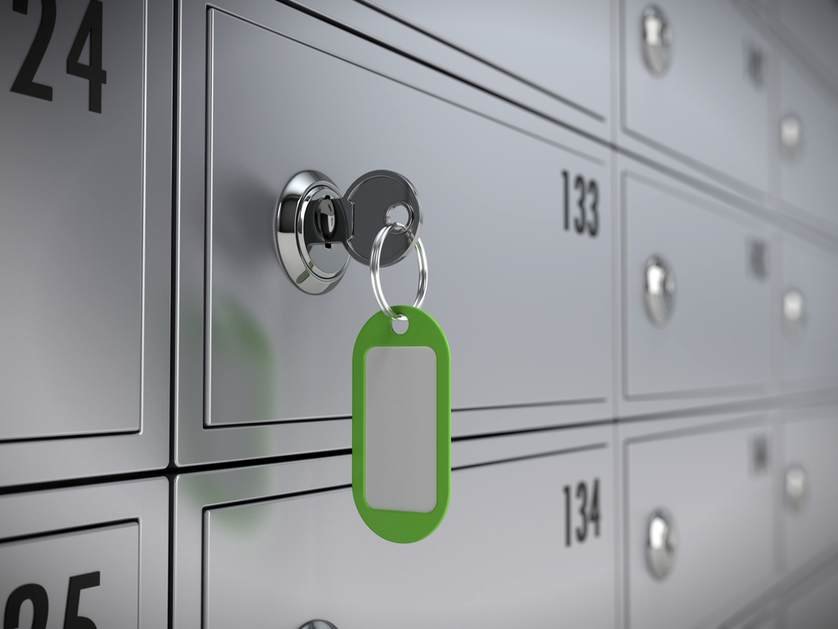
Another Kind of Bucket List
When our loved ones face a terminal illness, planning ahead becomes invaluable for many financial and emotional reasons. Often, roadblocks occur after death due to probate taking over, and many of them can be avoided.
First and foremost, if your loved one is of sound mind, talk with them before you do anything. The conversation can be as casual or in-depth as you like, but it’s helpful to let them know what you’re thinking and learn if they have any final wishes.
Most importantly, locate a will if it has been created (either it has been filed with probate or kept in a secure location). Try to find out who the executor of the will is, to ensure they are still around and ready to fulfill the role as executor. Having a will in general can be extremely helpful when dividing assets.
Speaking of secure places, if your loved one has a safety deposit box, we encourage you to locate the box and either have your loved one remove the contents, or you yourself could (if you are power-of-attorney or listed as an owner). If the contents are important documents such as a marriage license, military discharge papers, etc., it’s best to make copies of the documents and keep them for your records. Once a person passes and the bank is notified, all accounts and safety deposit boxes will be frozen, even if you are power-of-attorney.
Credit cards will also be frozen if the credit company is notified (usually if the card is a bank credit card), so transferring the name is also helpful, as credit cards are often used to pay for funeral services.
Vehicle titles and house deeds can be tedious to transfer after the passing of an individual. Taking care of transferring titles ahead of time is extremely helpful, and won’t require the usage of a certified death certificate. Remember, it can take several months to over a year before probate court does anything, so it’s best to take care of things ahead of time.




Comments